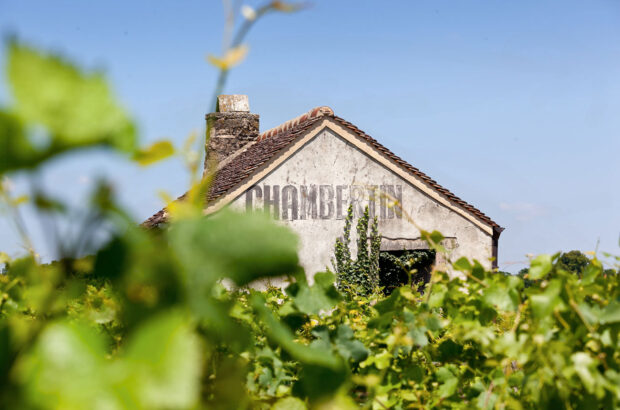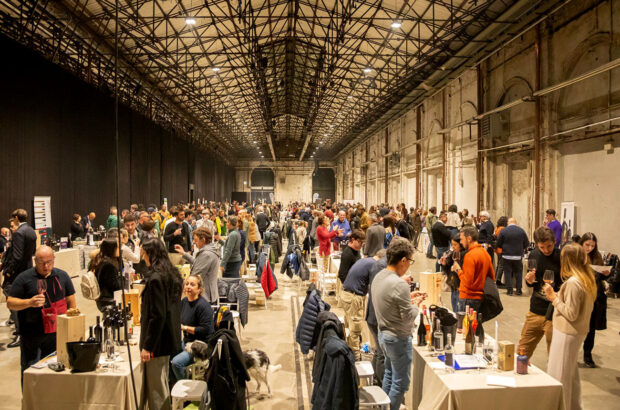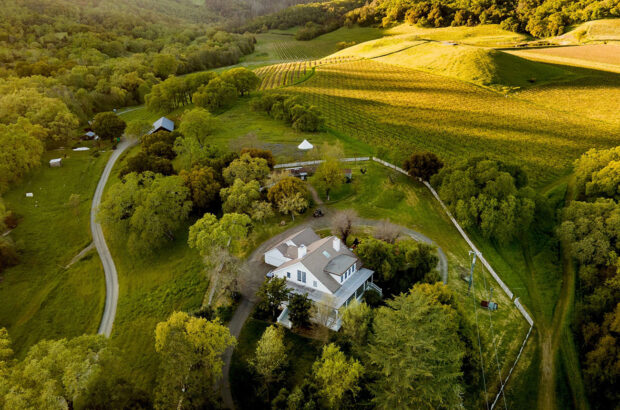Grocery sales in convenience and discount stores and online will increase massively over the next five years, creating radical new challenges for the drinks business, a leading retail economist said yesterday.
Howard Davies: ‘Economy moving gently sideways’
Speaking at the annual Wine and Spirit Trade Association (WSTA) conference in London yesterday, James Walton, chief economist at the Institute of Grocery Distribution (IGD), predicted online sales would double from £5.6bn in the year to April 2012, to £11.1bn in 2017.
Convenience stores such as small community supermarkets like Tesco Metro would increase by 28.5%, and discount stores such as Aldi and Lidl would increase by 64.7% from £7.5bn today to £12.4bn in 2017.
As consumers’ actual spending power has fallen by around 5-6%, effective pricing and promotional activity will be a priority for the retailer and supplier, followed by supply chain efficiency, and the need to understand the consumer better.
Walton said online shopping is a ‘quiet revolution’ which the drinks industry ‘must understand to survive’.
‘The internet is no longer just a way of selling; its greatest potential is in shaping the relationship with the shopper’, for example in using web pages ‘to add quality and depth to your brand’.
He cited the Moët & Chandon promotional pages on the Waitrose Ocado site as an example of a company ‘grasping the challenge’.
Another challenge, as the government’s austerity measures bite, is for the alcohol and hospitality industries to ‘recruit and retain a new generation of shoppers’ at a time when ‘young people will be materially poorer than their parents’.
Moreover, as governments and the NHS crack down on obesity, consumers have to decide how to spend their calories as well as their money.
‘You need to sell the financial case and the nutritional case. You have to persuade consumers that their budgets for calories and for money need to be allocated to drinks.’
Walton gave the keynote speech at the conference, which was opened by Sir Howard Davies, whose former posts include deputy governor of the Bank of England and head of the Confederation of British Industry.
The economic picture, Davies said, was bleak, with the UK ‘drifting to the periphery of Europe’ and the economy ‘moving gently sideways for a while.’
The conference was the first for new WSTA chief executive Miles Beale, who outlined a series of challenges for the drinks industry, the main one of which was dealing with a government that is ‘flip-flopping: it can’t decide if it is with us, or it wants to do things to us.’
The biggest issue will be minimum unit pricing, Beale said, noting that the government was using this as ‘a weapon’, which was an ‘aggressive change in tactics’.
The drinks industry should reconsider its original policy of cooperation with the government, he said. ‘We need to influence the agenda, to lead not to follow.’
Written by Adam Lechmere







